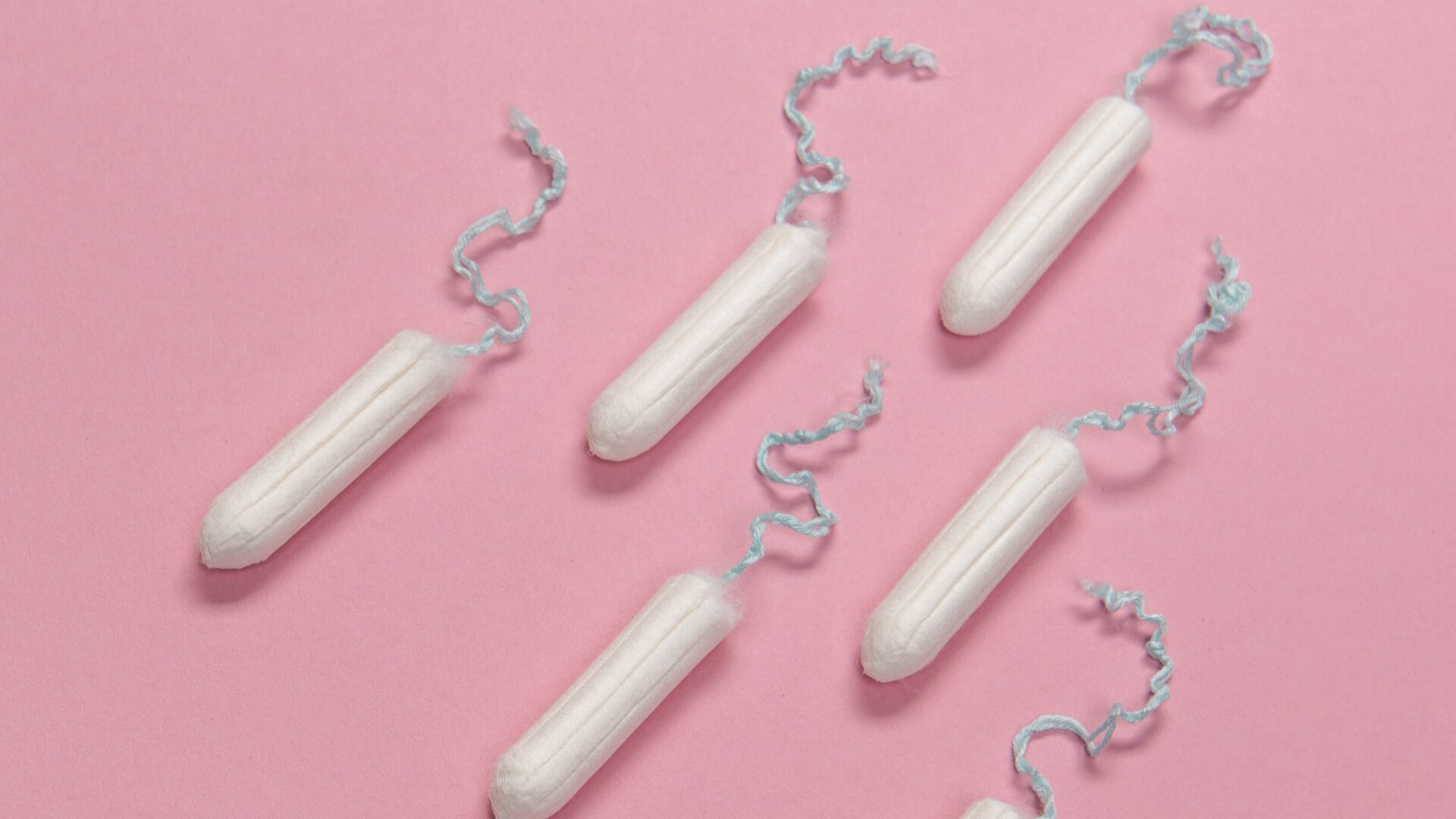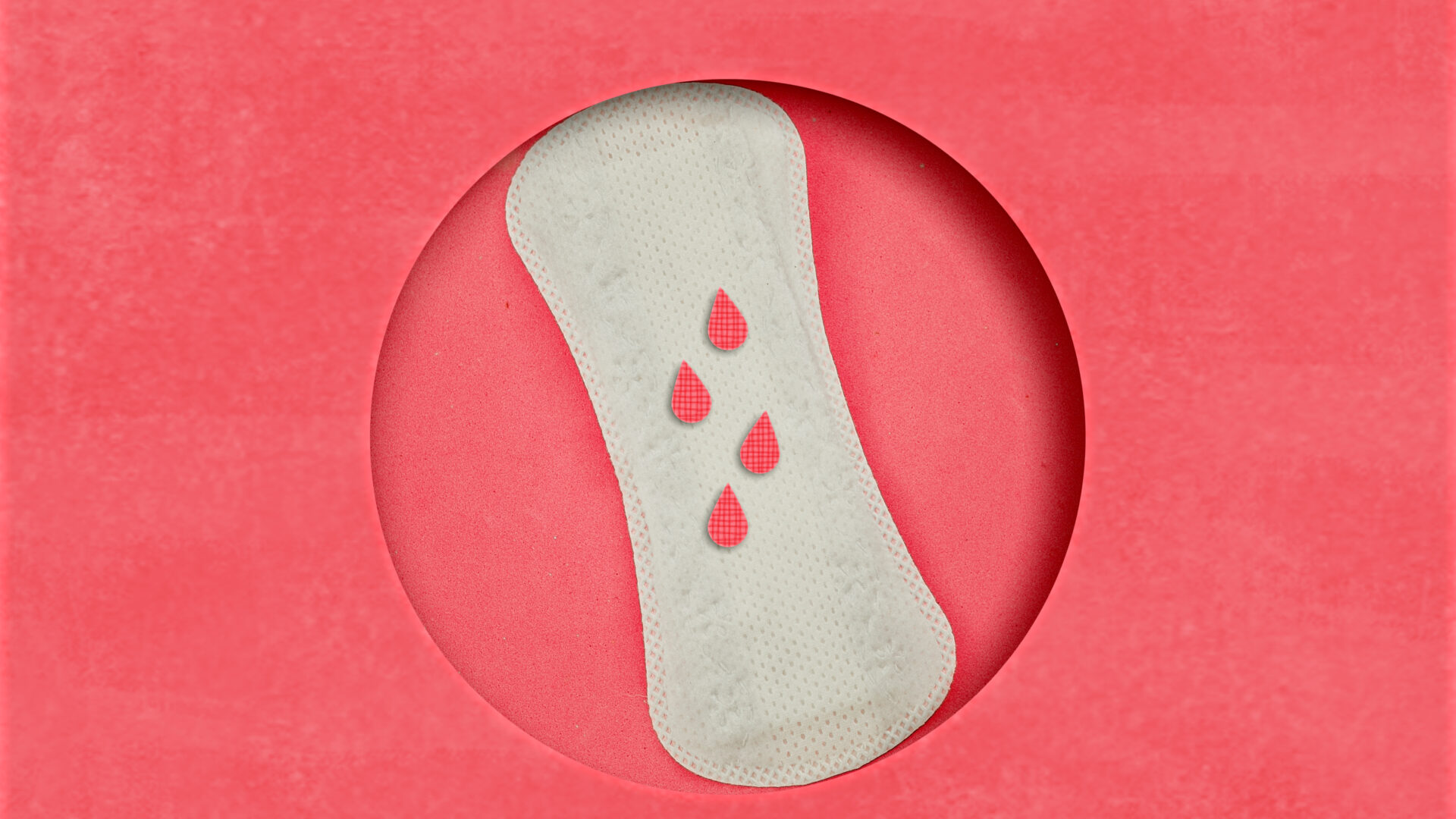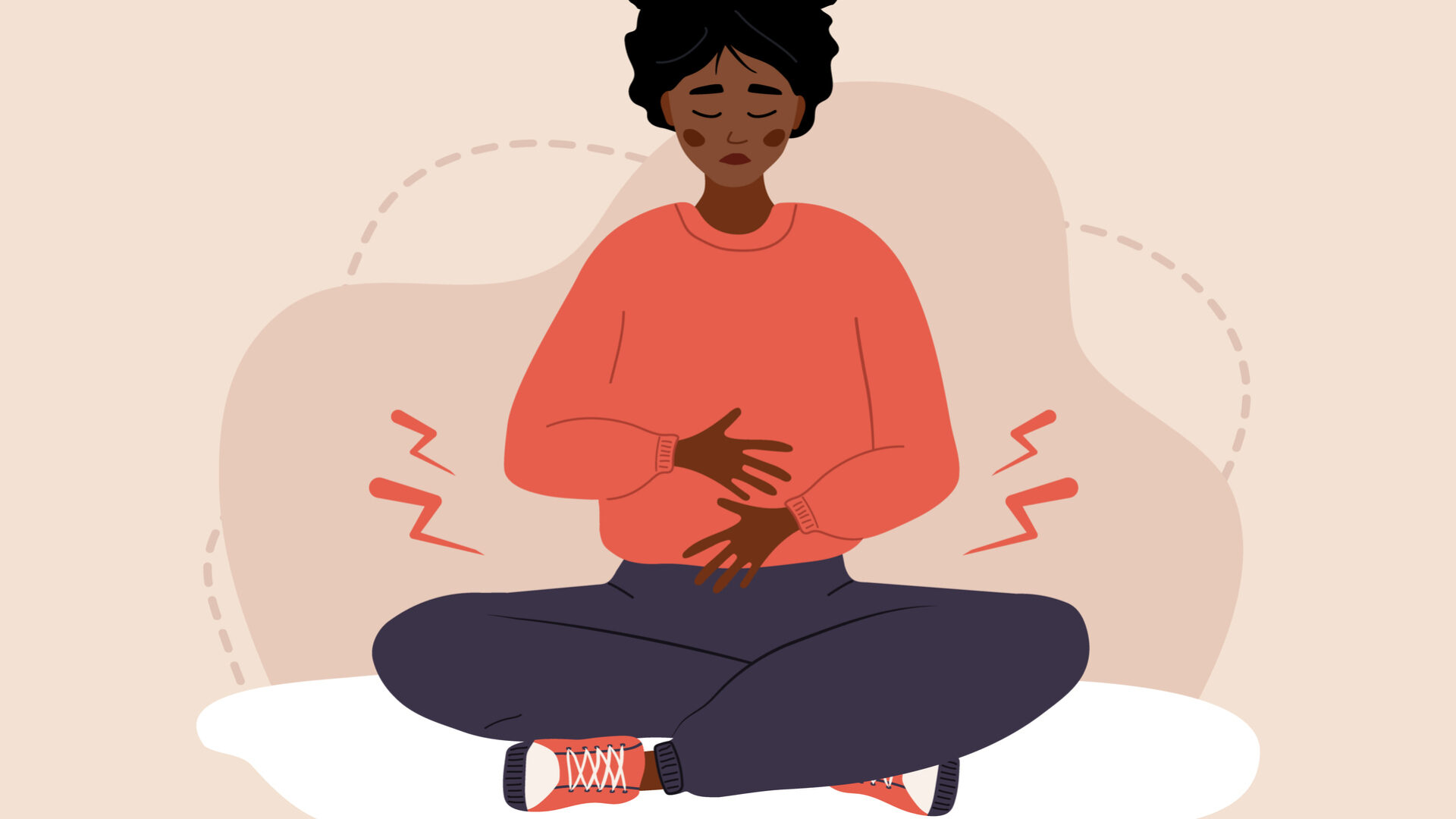
The most extensive – and inclusive – study to date confirms that the COVID-19 vaccine can affect the menstruation cycle.
Medical professionals dismissed the link between the vaccine and the effects on the menstruation cycle and fertility early during vaccine promotion. It was stated that there was “no data” to support the relationship, which is simply because the vaccine developers did not inquire about it, says the study. Vaccine trial protocols do not monitor the substance’s effect on the body for more than seven days; therefore, there was no follow-up communication to inquire about menstruation. Consequently, that resulted in “no data” to support a link between the vaccine and menstruation.
As concerns surfaced, it became apparent that the vaccine significantly impacts menstruation. Irregularities and heavy bleeding were among the common side effects mentioned. “After a long time of trying to figure out what’s best for me and my body, I totally regulated for a year and a half. I got my first dose [of the COVID-19 Vaccine] and I skipped a whole month of my period. And when I finally did get my period it was extremely heavy but short,” says Nia Bradley, a 25-year-old Graduate Medical Education Coordinator based in New Jersey.
To slow the spread of COVID-19, the vaccine was eagerly promoted and received by the public without extensive knowledge of its effects. “I hadn’t heard anything about the vaccine affecting your menstrual in any type of way. I didn’t really put two and two together until recently,” says Raykael Morris, a 25-year-old Consultant based in Atlanta. When women started to share their experiences, others noticed the same things were happening. The rising concerns led to a detailed study released in July 2022.

Researchers at the University of Illinois at Urbana-Champaign and Washington University School of Medicine surveyed 39,000 fully vaccinated individuals about disruptions in their menstrual cycle after taking the vaccine. 42% of people with regular menstrual cycles experienced heavier bleeding after vaccination, and 14% reported lighter periods. 71% of people on long-acting reversible contraceptives, the most effective method of birth control, experienced breakthrough bleeding. 39% of people on gender-affirming hormones reported breakthrough bleeding as well. The full report can be found here.
There were particular demographics in which disruptions were more common. The research states that those who are older, Hispanic/Latinx, have experienced fever and/or fatigue side effects, have a lighter typical menstrual flow, have been pregnant, and/or have given birth are more likely to experience heavier bleeding after vaccination. Regularly menstruating people with endometriosis, menorrhagia, fibroids, and PCOS were likely to experience more severe bleeding as well. Those with breakthrough bleeding after becoming vaccinated were more likely to have been pregnant and/or given birth before.
Different types of stressors can trigger variations in menstrual cycles. To better understand how the COVID-19 vaccine affects the menstrual cycle, it’s beneficial to understand the science behind menstruation. During ovulation (the period when cramps are brutal!), follicles will burst, releasing eggs that travel through the fallopian tube. During this time, if the egg does not fertilize (which causes pregnancy), it will break down and shed along with the uterine lining during menstruation. The uterus has three main layers- endometrium, myometrium, and perimetrium.

The endometrium is the layer that’s shed during menstruation, which causes bleeding. The endometrium is linked to the immune system. Therefore, the vaccine stimulates the immune system, which can trigger the endometrium and disrupt menstruation. “The immune-mediated mechanisms that are being triggered by the vaccine influence menstruation,” says OB/GYN Dr. Carla M. Williams. When the immune system is stressed, it will cause disruptions to the menstrual cycle.
The cause for concern is now if the effects of the vaccine are lasting. Dr. Williams continues, “From the data that we have up until this point, it’s not a longstanding effect. What they’ve seen is that usually if somebody experiences any kind of alteration in their menstrual cycle after a couple more cycles, at least two more cycles, things start to regulate and go back to normal.” She further mentioned there should be no concerns around childbearing from the data up to this point.
Due to research timelines, it can take years for 100% certainty, but she says the data reassures there should be no concern. She recommends seeking the appropriate medical attention if your menstrual cycle remains disturbed.
Photo Credit: Getty Images